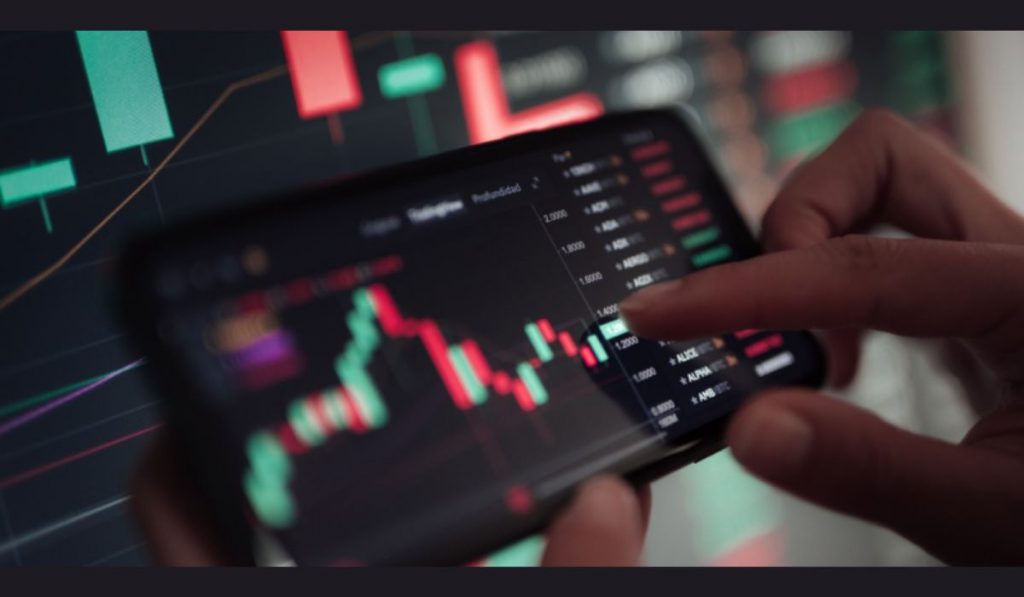In the world of decentralized finance, the idea of creating a DEX aggregator is an emerging principle that will help traders to organize how they participate in cryptocurrency and blockchain asset activities.
The DEX aggregator (or DEX aggregator) is essentially a platform that combines data from one or more exchanges or sources, in order to offer transparency and ease of use, and for other related purposes.
So why are these types of aggregators valuable to traders?
Diverse Trading Pairs and Agile Market Navigation
One of the big potential challenges in cryptocurrency is dealing with a proliferation of different coins and tokens linked to diverse platforms and environments.
Crypto trading is far beyond BTC and ETH – dozens and even hundreds of coins and tokens compete for attention. All of them have their own uses and stakeholders and coin communities, making for a complex sector.
 
 
That means traders have a lot of work to do in terms of directing a sophisticated cryptocurrency strategy. DEX aggregators make this easier with an intuitive interface that allows the average user to do more with crypto assets. For example, by combining multiple sources and presenting them together, the DEX aggregator consolidates the research that a trader has to do, either in real-time or otherwise.
Solving The Liquidity Problem
Siloed environments can suffer from a lack of liquidity.
Aggregators are built partly to advance liquidity outcomes for traders and other stakeholders. That’s another key part of what DEX aggregators fulfill in this part of the defined market. Other tools like crypto lending platforms, for instance, allow for long-term gains with staking strategies, etc., but the aggregators themselves function as collective exchanges and places to do business that has to do with the transfer of one crypto asset for another, such as arbitrage.
Decentralized Design
First, the trading world saw the proliferation of centralized exchange platforms and CEX activity.
Decentralized exchanges build on that, and some DEX aggregators can even connect DEX to CEX for a greater and broader reach. That’s another part of broadening a set of individual data “capillaries” into a great connected “river” of information, with visual dashboard tools and advanced features.
DEX Aggregators and Privacy
Another major benefit of these new platforms is the nature of the non-custodial processes they often enable.
Experts talk about “self-custody,” where the DEX aggregator does not directly control the user’s asset. This, and the nature of the blockchain, enables an environment that gives the asset holder more privacy and more anonymity as he or she pursues a trading strategy. This is a principle that many crypto enthusiasts hold dear, so it doesn’t usually go unnoticed in the promotion of a given platform.
Robust Infrastructure
DEX aggregators are like the ‘open source’ platforms of the crypto world. They take community-based systems that can be hard to figure out and make them user-friendly and transparent.
With this in mind, many DEX aggregators have no centralized target and no single point of failure, which improves cybersecurity outcomes by not giving hackers something to fire at. That’s part of the context of how DEX aggregators emerged, as DeFi constructs that complement what the blockchain has facilitated in the past.
Some of the most innovative DEX aggregators are building in more of the kinds of resources that you see in traditional stock market brokerage exchanges.
For example, Atani’s DEX aggregator based on Solana and the Serum blockchain is adding things like stop/loss orders and profit-taking tools to the mix, features that are familiar to equity brokers, but as of yet rarely heard of in crypto and DeFi. Working with a coin that uses proof of history protocol, the platform preserves an average transaction cost of just .00025%.
Other innovations include on-chain advanced orders and on-chain technical analysis, trading data chart activity, and real-time portfolio tracking.
To many traders, the DEX aggregator is a resource of its time. In enabling the kinds of tracking and analysis that drive cutting-edge DeFi strategies, these environments are useful to a wide range of investors who want to have a finger on the pulse of the rapidly emerging crypto industry.


